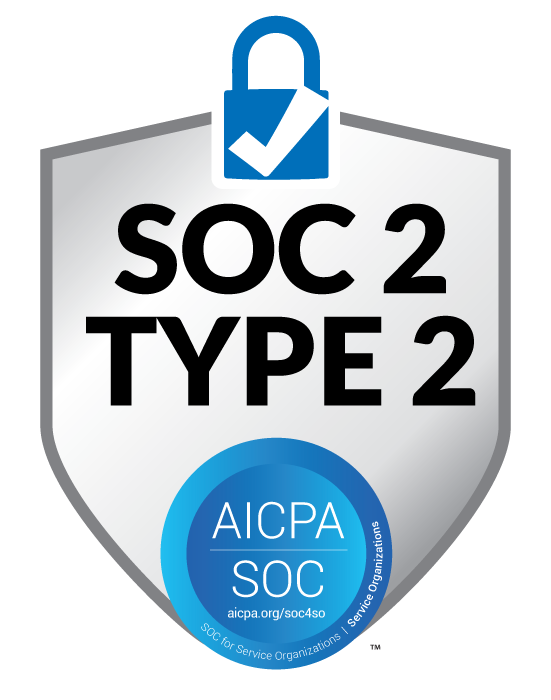Dell PowerEdge R760xa: A High-Performance Platform for Nemotron 70B
The Dell PowerEdge R760xa equipped with dual NVIDIA A100 80GB GPUs represents a robust hardware configuration for running large language models. Based on available benchmarks and performance data, this setup offers significant capabilities for deploying the Nemotron 70B model with optimized inference speeds.
Hardware Configuration Analysis
The Dell PowerEdge R760xa server provides an ideal platform for AI workloads with its versatile two-socket 2U design optimized for PCIe GPUs. Configurable with dual 4th or 5th Generation Intel Xeon processors offering up to 64 cores and integrated AI acceleration, this server, when equipped with dual NVIDIA A100 80GB GPUs, delivers substantial computational power for running large language models.
Nemotron 70B Performance Metrics
The Llama 3.1 Nemotron 70B model has demonstrated impressive performance metrics across various benchmarks. General performance data shows that the model achieves an output speed of approximately 48.3 tokens per second in standard configurations, although the specific hardware setup significantly impacts these rates.
Token Generation Speed on Dual A100 GPUs
Based on comprehensive benchmarking data from Dell’s testing of similar configurations, a dual A100 80GB GPU setup in the PowerEdge R760xa is estimated to achieve a maximum output token rate of approximately 40-50 tokens per second for a single inference request. This estimate aligns with benchmark data indicating that an A100 SXM can support roughly 40 tokens/second throughput.
Memory Requirements and Model Deployment
The Nemotron 70B model requires significant GPU memory resources. Its memory usage varies with quantization:
- Q8_0 format: 75GB
- Q6_K format: 58GB
- Q4_K_M format: 42.5GB
- Q3_K_L format: 37.1GB
With dual A100 80GB GPUs providing a combined 160GB of VRAM, the R760xa can comfortably accommodate the Nemotron 70B model even in higher precision formats while maintaining optimal performance.
Throughput Scaling with Concurrent Requests
Performance scaling with concurrent requests is a crucial consideration. Dell’s benchmarking indicates that:
- A single node with 4 A100 SXM GPUs achieved 621.4 tokens/s with 32 concurrent requests.
- A two-node configuration with 8 A100 SXM GPUs reached 1172.63 tokens/s with 64 concurrent requests.
While scaling is not perfectly linear, the dual A100 configuration in a PowerEdge R760xa is expected to handle multiple concurrent requests effectively, potentially achieving higher aggregate throughput for parallel workloads.
Conclusion
For the Dell PowerEdge R760xa equipped with dual NVIDIA A100 80GB GPUs running the Nemotron 70B model, the maximum output token rate for a single inference request is estimated at approximately 40-50 tokens per second. Moreover, the system’s capability to scale throughput with concurrent requests makes it an excellent choice for enterprise AI applications that require responsive and robust language model inferencing.
“`
About the Author

Rejith Krishnan
Rejith Krishnan is the Founder and CEO of lowtouch.ai, a platform dedicated to empowering enterprises with private, no-code AI agents. With expertise in Site Reliability Engineering (SRE), Kubernetes, and AI systems architecture, he is passionate about simplifying the adoption of AI-driven automation to transform business operations.
Rejith specializes in deploying Large Language Models (LLMs) and building intelligent agents that automate workflows, enhance customer experiences, and optimize IT processes, all while ensuring data privacy and security. His mission is to help businesses unlock the full potential of enterprise AI with seamless, scalable, and secure solutions that fit their unique needs.




